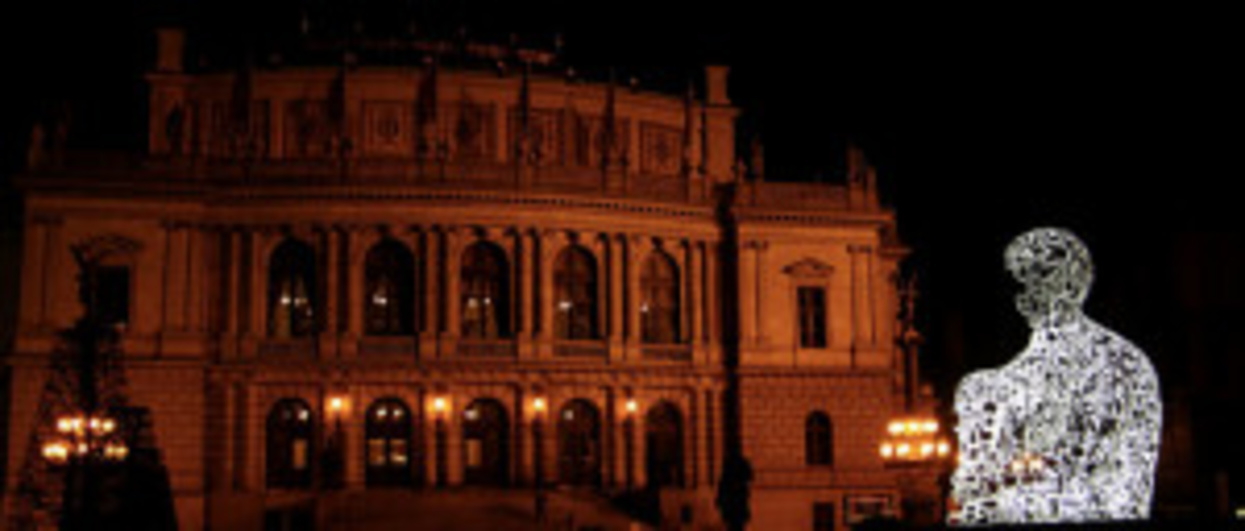Manufacturing Transparency Call for Papers

Call for Papers
Extended Deadline: Wednesday, July 1, 2015 at midnight PST
Conference: Wednesday, October 28, 2015 | UC Berkeley
A interdisciplinary conference hosted by the Berkeley Center for New Media, the cultural services of the French Embassy, the Goethe-Institut San Francisco, and the Office of Science and Technology at the French Embassy.
Keynote Speakers: Emmanuel Alloa, Antonio Casilli, and others
Best Paper Prize: $500
What is the connection between secrets and publicity, between authenticity and its showcase? Is the move towards transparency a move towards a more critical society, or is it paradoxically yielding the opposite results?
There has hardly been a more unifying value in the history of Information Technology than the demand for transparency. With the promise of a society free from corruption, mismanagement, waste and secrets, transparency has been advocated for by individuals as diverse as President Obama and whistleblower Edward Snowden, and by CEOs and activists alike. Transparency, we are led to believe, is crucial â even as, or perhaps because we live in an increasingly mediated world.
Before developing into a powerful metaphor, the term transparency originated in the field of optics, where it refers to the quality of a given material to transmit light without noticeable scattering. The concept of âtransparencyâ analogizes the action of such materials to describe the penetrating insight of the mental gaze or the self-evident quality of certain truths.
Transparency in the domain of thought has an immediate counterpart in physical devices and structures. From early techniques of visualization such as X-Rays and glass architecture to todayâs MRI scanners, technology yields the promise of insight into what customarily remains in the dark. But just as these technologies enlighten, they also raise suspicion. From body scanners at airports to digital tracking systems, debate has raged over these devices and programs.
Self-monitoring and monitoring of the self, democratic control and technologies of surveillance, all seem dangerously allied to the extent that they become indiscernible. This raises the question: who is manufacturing transparency, and how? Does transparency only exist when the manufacturing operations are negated or made invisible â such as the windowpane when one sees through the glass and not the glass itself? What are the perils of not seeing the glass? Is there a Transparency industry and what is its topology?
The conference Manufacturing Transparency reflects upon a phenomenon that is itself non-reflective â transparency â and will explore the concept from the fields of politics, media, aesthetics, optics, architecture, photography, cinema, history of science, philosophy, digital culture, net activism etc.
We invite proposals in one of three fields:
- Physical manufacturing of transparency: what technologies, architectures, and infrastructures are we creating that ostensibly increase transparency in our society? what are their dangers and the effects on our lives? what innovations are now circumscribing our actions?
- Computational manufacturing of transparency: how is the advent of big data making our lives more or less transparent? how is big data and its ownership models obfuscating important information?
- Confessional manufacturing of transparency: how is identity performed and enacted through new media? how has the curation of the self through social media shifted our understanding of and relationship to personal identities? what protections need to be in place with the movement towards the online confessional?
To submit:
Please send the following items using this CFP Online Form linked here:
- Brief biography (~150 words)
- Proposal of no more than 500 words
- Link to a high resolution photograph for use in conference materials of yourself and an element of your work
Conference
The conference will take place on Wednesday, October 28, 2015 from 9am â 5:30pm at 310 Banatao Auditorium, Sutardja Dai Hall, UC Berkeley, and will feature keynote speakers in the morning, followed by workshops and presentations of short papers in the afternoon.
Abstracts should be reviewed and selected participants notified by June 30, 2015.
Tentative schedule below:
9 AM: Welcome
9:30 AM: Emmanuel Alloa
10 AM: Antonio Casilli
10:30 AM: Coffee/Tea Break
11 AM: Keynote speaker TBA
11:30 AM: Keynote speaker TBA
12:00 PM: Lunch
1:00 PM: Workshops
3:00 PM: Coffee/Tea Break
3:30 PM: Short Papers
5:30 PM: Reception
